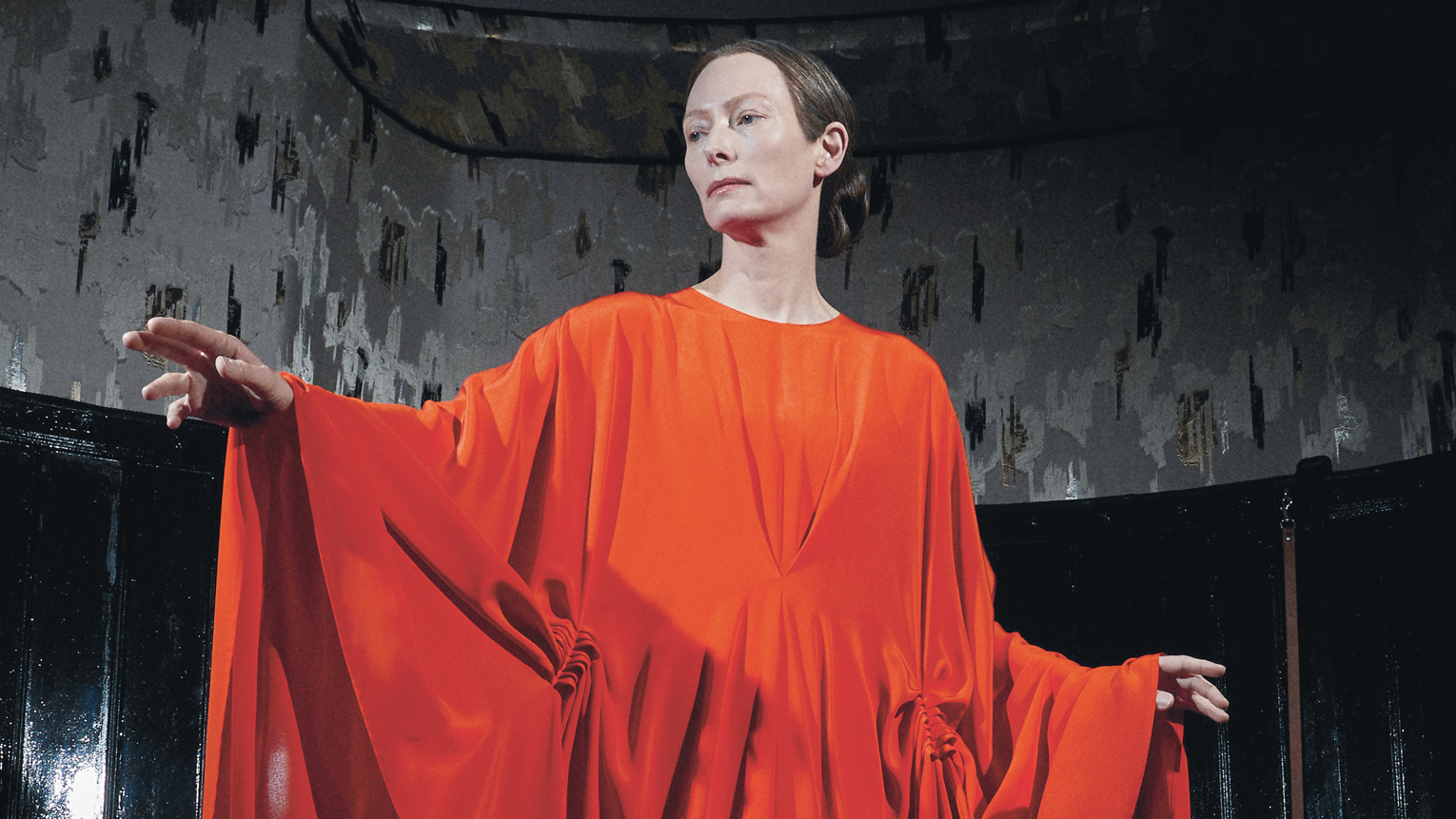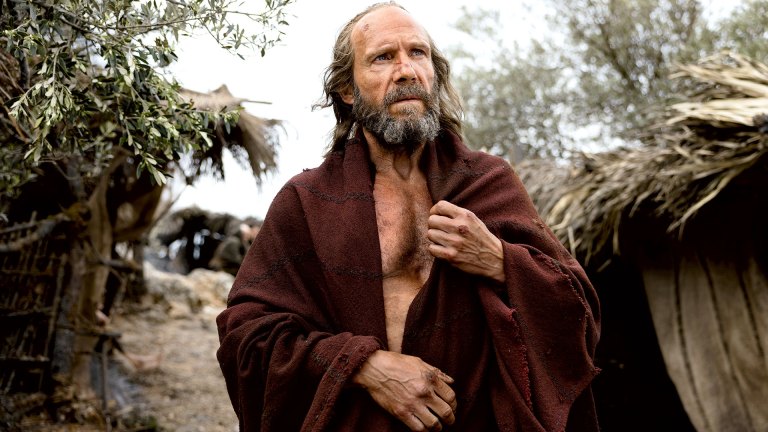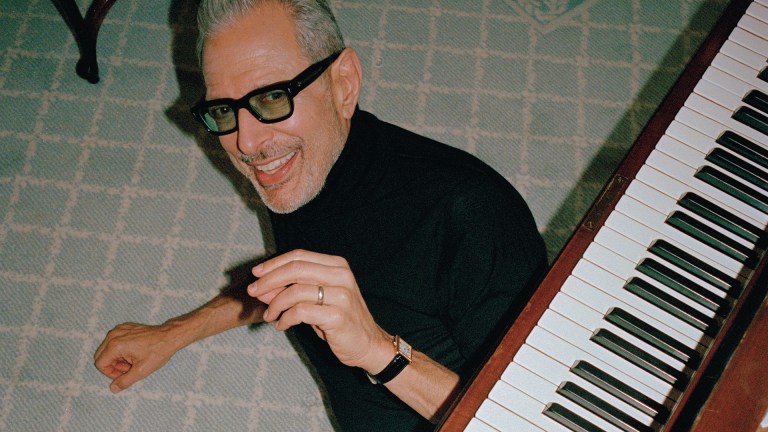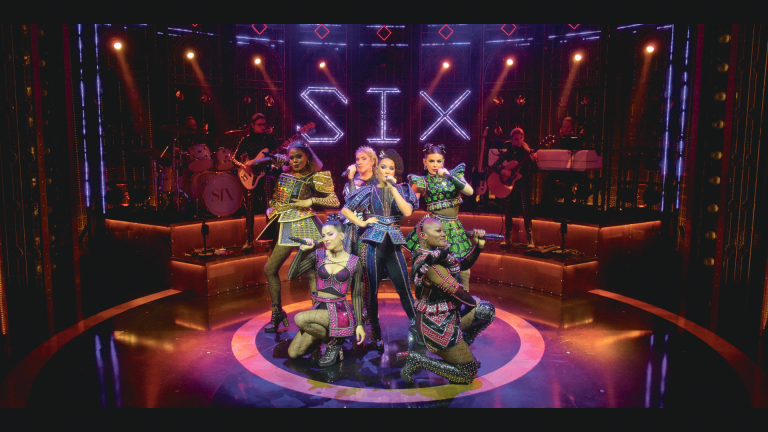Trying to put together a synopsis overview of the new Suspiria isn’t, bluntly, likely to help too much. A dense, complex two-and-a-half-hour remake of a much briefer film – Dario Argento’s original ran nearly an hour shorter – Call Me By Your Name director Luca Guadagnino’s fresh telling of the story keeps the origins of the first movie, of a young woman who arrives at a world-renowned dance school. But it then obeys the rules of good remakes: do something different. Find new things to say. Tread a slightly different path. Oh, and make it all a swine to explain. A set of ingredients that give the new version a compelling reason to exist, even if devotees of the original may remain unmoved.
Guadagnino, then – working from David Kajganich’s screenplay – instantly takes a turn by setting his film against the backdrop of a heavily divided 1977 Berlin. It’s a move that straight away gives the story a point of notable difference, and something the film keeps coming back to throughout. It’s into this world that Susie Bannon – played superbly by Dakota Johnson (Fifty Shades Of Grey) – arrives, auditioning to be a part of Helena Markos’ famous dance company. And it’s here we meet Madame Blanc, played expertly by Tilda Swinton, a woman who manages to make the simple task of individually greeting her students feel a little unnerving. There is, of course, more to come.
For as you’d expect, this is a dance company with much going on behind its doors (without spoiling anything, that’s some understatement), and Guadagnino – utilising a hugely effective and unsettling score from Radiohead’s Thom Yorke – doesn’t go light on the sense of foreboding. The film, after all, opens with Chloë Grace Moretz’s Patricia telling psychoanalyst Dr Josef Klemperer her view of what’s going on, a view that a compassionate and curious Klemperer nonetheless all but dismisses with the stroke of his pen. Additionally, subtlety isn’t always the movie’s preferred tactic. The muted colour scheme, the relentless rain, the often-hostile edits are used to jarring effect. Rarely does the film let you settle, and there are moments where the impact of a sudden switch of shot is utterly shocking.
It’s certainly a bold film that levels with you up front as to just how long it’s going to be
Foreknowledge of the original isn’t required here, but also, there’s little point pretending that this is a mainstream, easily accessible psychological horror. It absolutely isn’t. Those sudden, unnerving edits, the commitment to – as teased at the start – six acts and an epilogue (it’s certainly a bold film that levels with you up front as to just how long it’s going to be), and a narrative that’s pretty overt about its subtexts isn’t generally a cocktail for a wide, welcoming commercial horror. Conversely, if you let it into your head, it’s not going to be leaving any time soon.
Not an easy film, this, and one that perhaps inevitably feels too long. Still, crucially, the new Suspiria is all but impossible to take your eyes off. It’s bold, arresting, difficult cinema. In the hands of Guadagnino, this is one revisiting of a story that very much has a reason for being, and given the high esteem in which the (still superior) original is rightly held, that’s no small feat.










